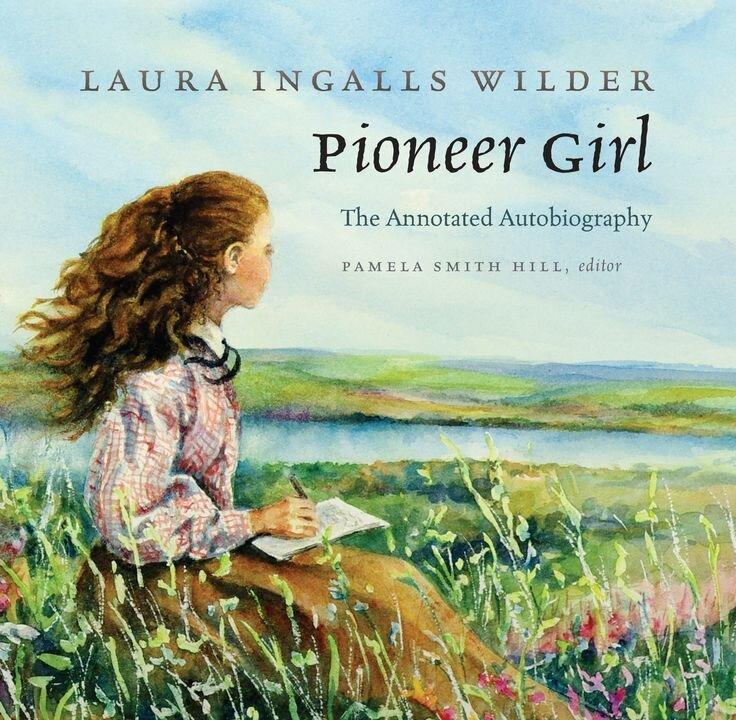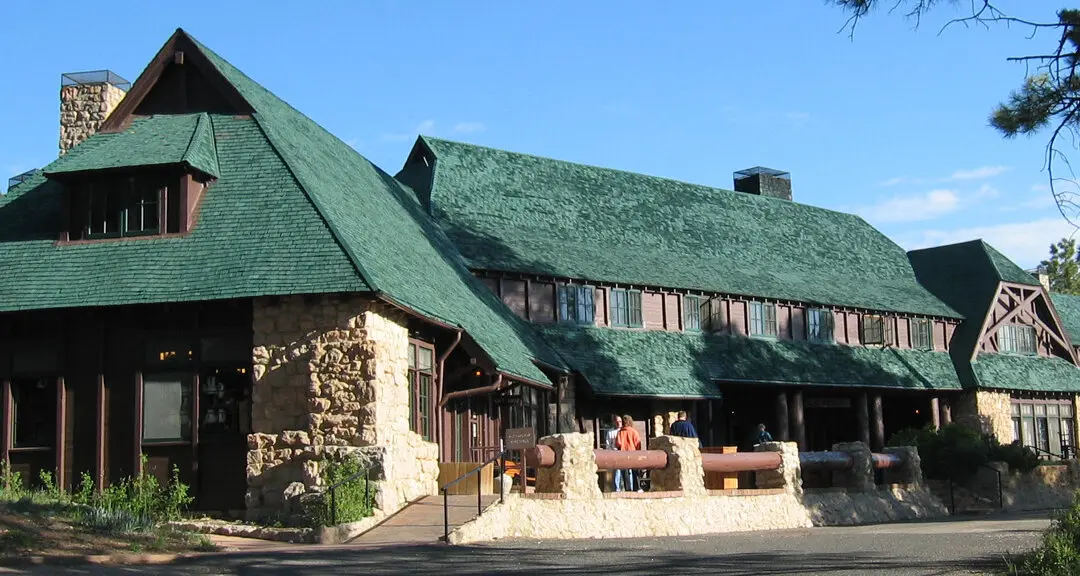Few consider their circumstances or the era in which they live as distinct or significant until later-in-life reflection. This was the case for Laura Ingalls Wilder. Born in the Big Woods region of Wisconsin two years after the Civil War’s end, Wilder spent her childhood and adult life enduring every imaginable hardship and heartache in the frontier states of Kansas, Minnesota, Iowa, and South Dakota. In the early 1900s, she settled in rural Missouri and, at 63 years old, wrote her autobiography.
However, even with the encouragement and connections provided by her daughter and acclaimed journalist and novelist, Rose Wilder Lane, Wilder could not land a publisher for “Pioneer Girl.” The chronicle details in storytelling style such occurrences as cattle drives across the great plains, Indians visiting her parents and four siblings, locusts wiping out crops, blizzards threatening survival, and much more. A few years later, in 1932, when Wilder turned 65, publishers became interested in the “Pioneer Girl” manuscript and spawned a series of children’s novels. Thus, eight books, starting with “Little House in the Big Woods” and ending with “These Happy Golden Years,” were published from 1932 until 1943, based on Wilder’s original autobiographical prose.





